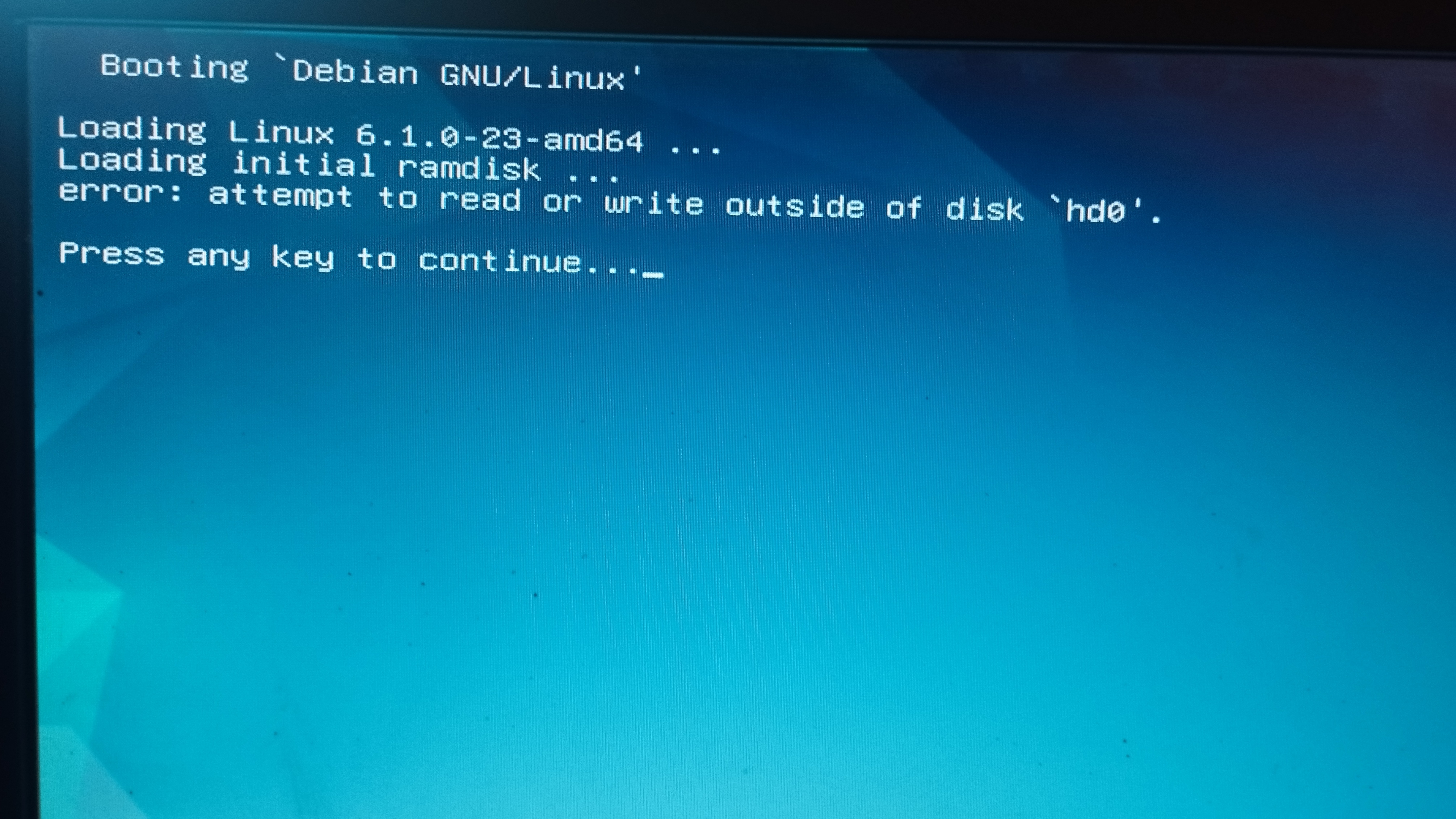this post was submitted on 17 Jul 2024
131 points (97.1% liked)
Linux
56776 readers
640 users here now
From Wikipedia, the free encyclopedia
Linux is a family of open source Unix-like operating systems based on the Linux kernel, an operating system kernel first released on September 17, 1991 by Linus Torvalds. Linux is typically packaged in a Linux distribution (or distro for short).
Distributions include the Linux kernel and supporting system software and libraries, many of which are provided by the GNU Project. Many Linux distributions use the word "Linux" in their name, but the Free Software Foundation uses the name GNU/Linux to emphasize the importance of GNU software, causing some controversy.
Rules
- Posts must be relevant to operating systems running the Linux kernel. GNU/Linux or otherwise.
- No misinformation
- No NSFW content
- No hate speech, bigotry, etc
Related Communities
Community icon by Alpár-Etele Méder, licensed under CC BY 3.0
founded 6 years ago
MODERATORS
you are viewing a single comment's thread
view the rest of the comments
view the rest of the comments

This error (hd0) is typical of legacy (BIOS) booting end happens solely because of the MBR. GRUB2 is hit or miss with MBR.
If you're not planning on dual booting with Windows XP/Vista/7, I'd recommend going to your motherboard settings and changing the boot mode to UEFI.
Then reinstall Debian. That will automatically sort things out :)
I strongly suspect that it's the motherboard's boot mode as well. The Debian installer will use an MBR partition table if your system uses BIOS boot.
I thought the only reason to still use GRUB2 was its MBR support.
We really should be moving on at this point.
what's next?
REFInd vor systemd-boot
Time to rehearse our new well-actually hymn: "What people commonly call Linux is actually GNU/Systemd/Linux..."